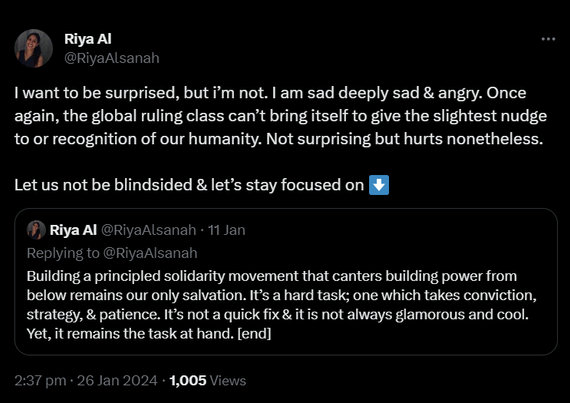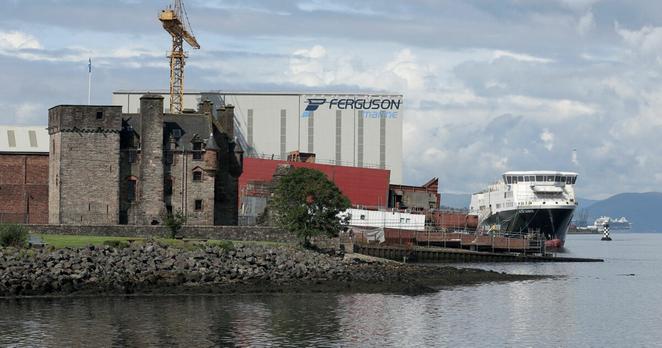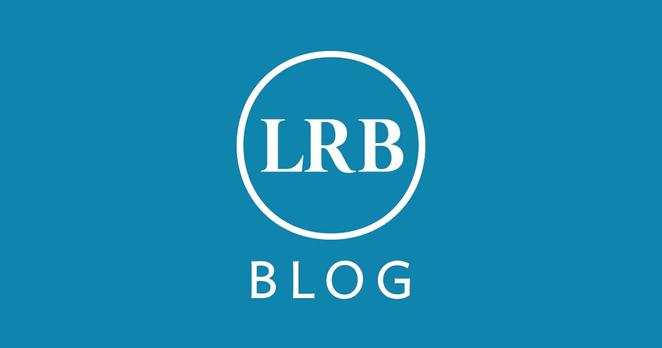Our #institutions are vulnerable to sudden, catastrophic failures with no repair. Do not believe them:
"In most settings, climate and sustainability professionals are not getting paid to change important things, they’re getting paid to protect important things from change.
"Climate/sustainability #expertise has become a profession, like any other. Its primary offering is least-cost plans for incremental-but-socially-credible action. Generally those plans defend organizations from criticism and pressure by making serious-sounding commitments to big-but-distant goals (like, “Net Zero by 2050”), paired with incremental and inexpensive steps in the near term. The two are then “triangulated” with arguments that small steps today are “in line” with a future of bold action. The key deliverable is the claim that the triangulator’s employer is “doing enough.”
"The definition of “doing enough” becomes the critical battleground with advocates and regulators who want more action. With triangulation, we see the deployment of bolt-on solutions purpose-machined to preserve the value of slow approaches, assets, and expertise. We see an emphasis on things like charitable gifts, ESG ratings, operational climate emissions (and carbon offsets), business-case sustainability commitments (small steps that pay their way) and employee behavior (“Remember, everyone, recycle your coffee cups and don’t forget to show up for tree-planting day!”), and messaging (from outright greenwashing to empty declarations of support for climate justice).
"The promise of #triangulation—the optics of serious commitment, but an action agenda that doesn’t upset existing management priorities and revenue centers—has proven attractive to those at the top, for understandable reasons: If you’re an executive without any particular insight into the crisis yourself, hiring triangulatory experts allows you to cover your butt without any obvious downside. It’s a plug and play solution, allowing you to keep focused on the business models that have been earning well so far. It limits exposure to the gulf between slow approaches and fast realities. And it works perfectly fine, as long as your decision-making horizon is very close, measured in quarterly reports, and uninterrupted by any sudden changes.
[…]
"Triangulation makes most institutions worse at strategy. It makes professional expertise gained within its programs pre-outdated. It hamstrings the ability to spot opportunity and the skills needed to move disruptively to seize it.
"Triangulation makes a professional more secure in their job for now, but less prepared for the future; triangulated strategies protect organizations from pressure to act now, but they weaken the organization’s capacities to change. Everything worth talking about is outside the boundary of the currently acceptable debate in most professional circles, because every triangulated position and expertise bubble creates the boundary it needs to stay safe. If you are relying on advice being given within triangulated boundaries to try to figure out what’s going on, you’re outsourcing your strategic acumen to people who’s core skill is avoiding the question."
Alex Steffen: https://alexsteffen.substack.com/p/discontinuity-is-the-job @anthropocene @climate @sociology
#discontinuity #priorities #believe #faith #hope #ecology #institutionsDeceive #economy #consumerism #capitalism #climateBreakdown #climateCrisis #globalHeating #climateChange #conflation #reality #environment #pollution #sustainability #sustainableDevelopment #greenwashing




